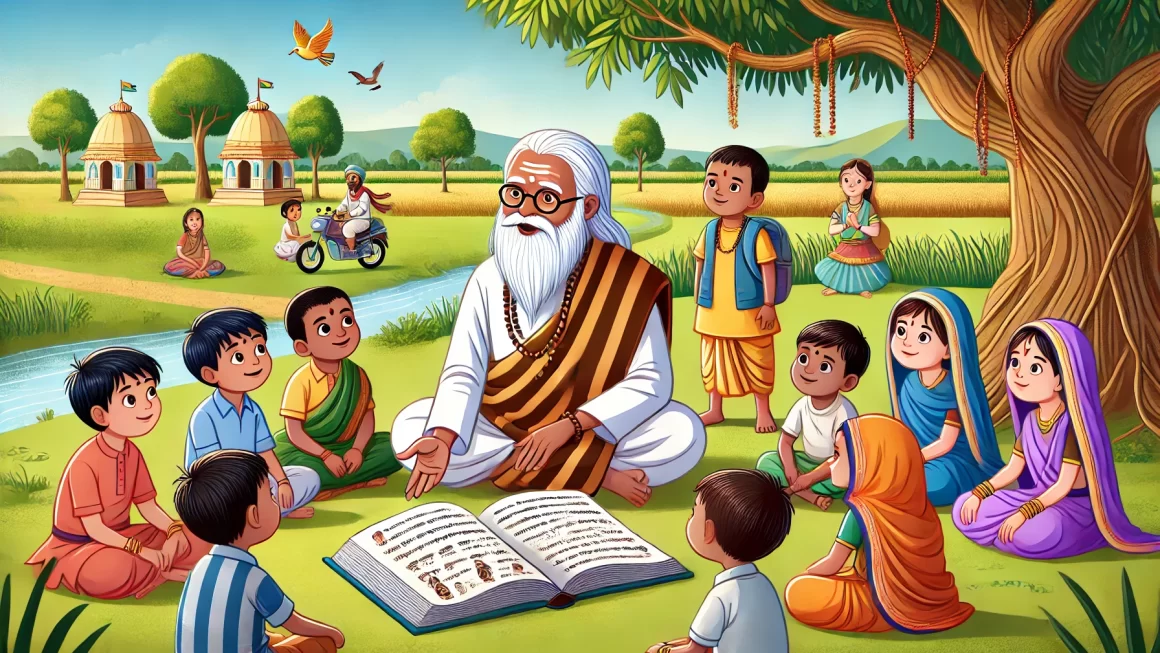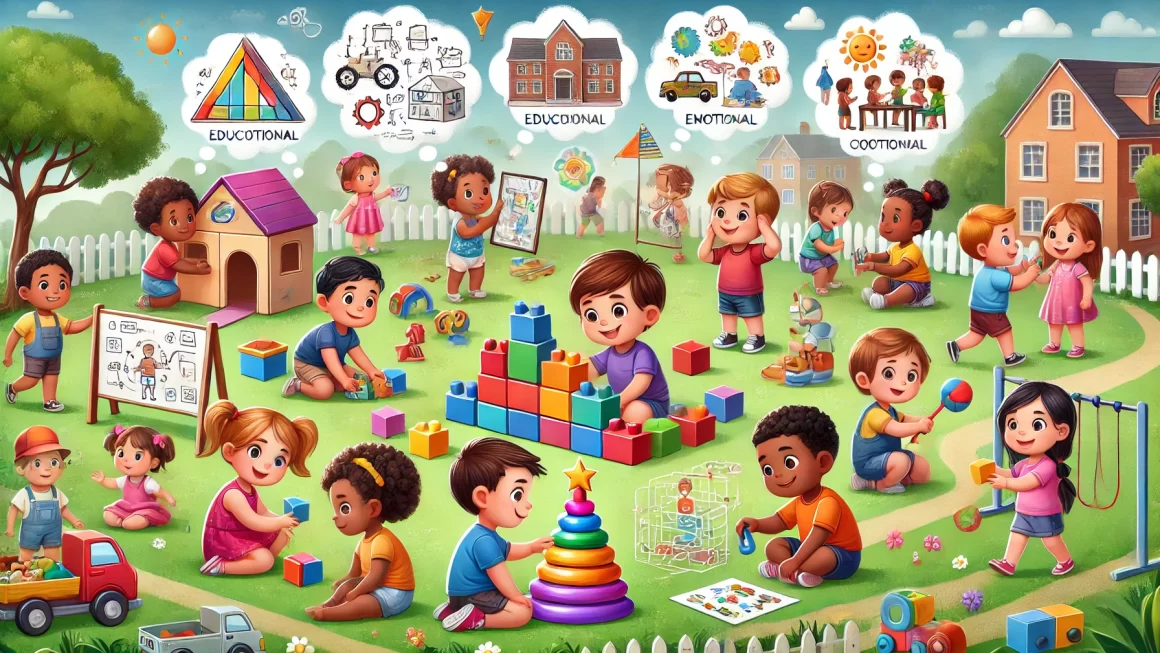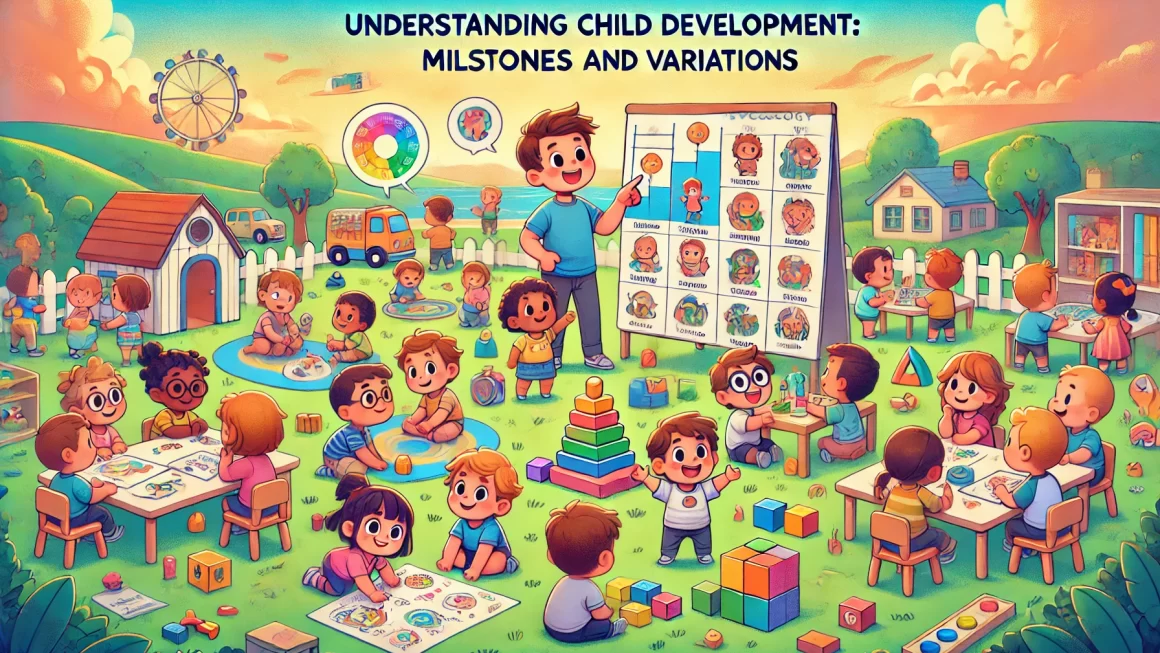Navigating difficult conversations with children is a crucial aspect of parenting that can significantly influence their emotional and intellectual growth. Drawing from the rich traditions of Indian culture and holistic educational methods, this blog post explores elaborate techniques for discussing challenging topics such as loss, illness, societal issues, and personal identity with children.
The Foundations of Holistic Communication
In the Indian context, communication is not just about transferring information but about nurturing the whole individual—mind, body, and spirit. The Gurukul system, an ancient Indian educational method, embodied this approach by integrating lessons with life skills, ethical understanding, and spiritual wisdom. This holistic model provides a robust framework for modern parents aiming to discuss sensitive topics.
Detailed Techniques for Various Difficult Topics
1. Discussing Illness and Death:
- Philosophical Context: Use concepts from the Bhagavad Gita that discuss the impermanence of the body and the immortality of the soul. Explain how every living being goes through a cycle of birth, life, and death, which is a natural part of existence.
- Practical Approach: Create a ritual to remember and honor the deceased, which can provide a structured way for children to express their grief and find closure.
2. Addressing Societal Issues (e.g., Poverty, Inequality):
- Incorporate Historical Lessons: Discuss stories from the lives of leaders like Mahatma Gandhi and Dr. B.R. Ambedkar who fought against injustice and inequality. Emphasize their messages of peace, justice, and resilience.
- Engage in Community Service: Encourage children to participate in community service or charity events that help underprivileged sections of society. This provides practical experience and a deeper understanding of these issues.
3. Exploring Personal Identity and Gender:
- Cultural Tales: Share stories from Indian mythology that explore themes of identity and transformation, such as the tales of Ardhanarishvara (a composite form of Shiva and Parvati) and Lord Krishna’s disguises, which challenge conventional ideas of identity and roles.
- Creative Expression: Encourage children to express their thoughts and feelings about identity through drawing, writing, or role-playing, which can make the exploration of such topics less intimidating.
4. Handling Bullying and Peer Pressure:
- Moral Stories: Utilize moral stories from the Panchatantra or the teachings of Swami Vivekananda that emphasize courage, self-respect, and wisdom in dealing with peers.
- Role-Playing Scenarios: Conduct role-playing sessions where children practice how to respond to bullying or peer pressure, reinforcing confidence and appropriate reactions.
Additional Reading and Resources
- Books:
- Life’s Amazing Secrets by Gaur Gopal Das, which blends contemporary life lessons with Vedic wisdom.
- The Heart of Awareness: A Translation of the Ashtavakra Gita, which simplifies complex philosophical ideas into digestible lessons.
- Documentaries:
- Awake: The Life of Yogananda, which provides insights into integrating spiritual practices in daily life.
Conclusion
Effectively discussing difficult topics with children requires a blend of sensitivity, clarity, and cultural wisdom. By integrating the timeless teachings of Indian philosophy with practical, engaging methods, parents can equip their children to navigate the complexities of life with empathy and understanding. These conversations are not just about providing answers but about guiding young minds towards becoming thoughtful, informed, and compassionate individuals.



